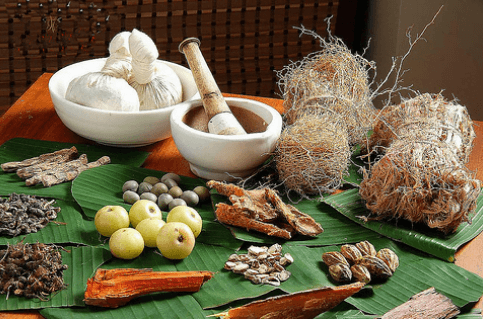Government to launch separate drug controller for traditional medicines
On 6th November 2014, Health Minister Harsh Vardhan announced that government has decided to set up a separate Central drug controller for traditional medicines on the lines of that for the allopathy medicines to ensure quality production standards.
He made this announcement after inaugurating the four-day 6th Arogya Expo organised by the Ministry in collaboration with the World Ayurveda Congress in New Delhi.
Why there is need for separate drug controller for traditional medicines?
- India’s experience and strength in the traditional medicine has not yet translated into market shares in the global traditional market.
- The traditional medicines global worldwide market is estimated at about $100 billion, but India’s share is negligible because quality standards are not maintained to international specifications.
- Thus it can be said that India being experienced in the field of traditional medicine has not trapped it potential.
- India’s neighbour China has captured huge share of the traditional medicines world market whereas India’s presence is considered as non-existent.
- Institutionalisation of a regulatory authority for traditional medicine backed up by Central and State laboratories will ensure that traditional and indigenous medicines get their pride of place in mainstream healthcare world-wide.
Current drug controller for traditional medicines
- Presently, Ayush (Ayurveda, Yoga and Naturopathy, Unani, Siddha and Homoeopathy) or traditional medicinal products are being governed under the Drug and Cosmetic Act supervised by the Drug Controller General of India (DCGI).
- But DCGI is short-staffed and is not able to do justice to the Indian traditional medicine system compared to the growing allopathy sector.
Implications of this decision
- It will help to regulate traditional medicines in terms of international standards.
- Thus, focus on building up a brand value for Ayurvedic drugs manufactured in the country at international market.
- It will benefit rural India where people largely rely on local herbal doctors.
- It will further add traditional medicines in export basket of country.
- Through National AYUSH Mission, the government will focus on building up brand value for Ayurvedic drugs.
Month: Current Affairs - November, 2014


